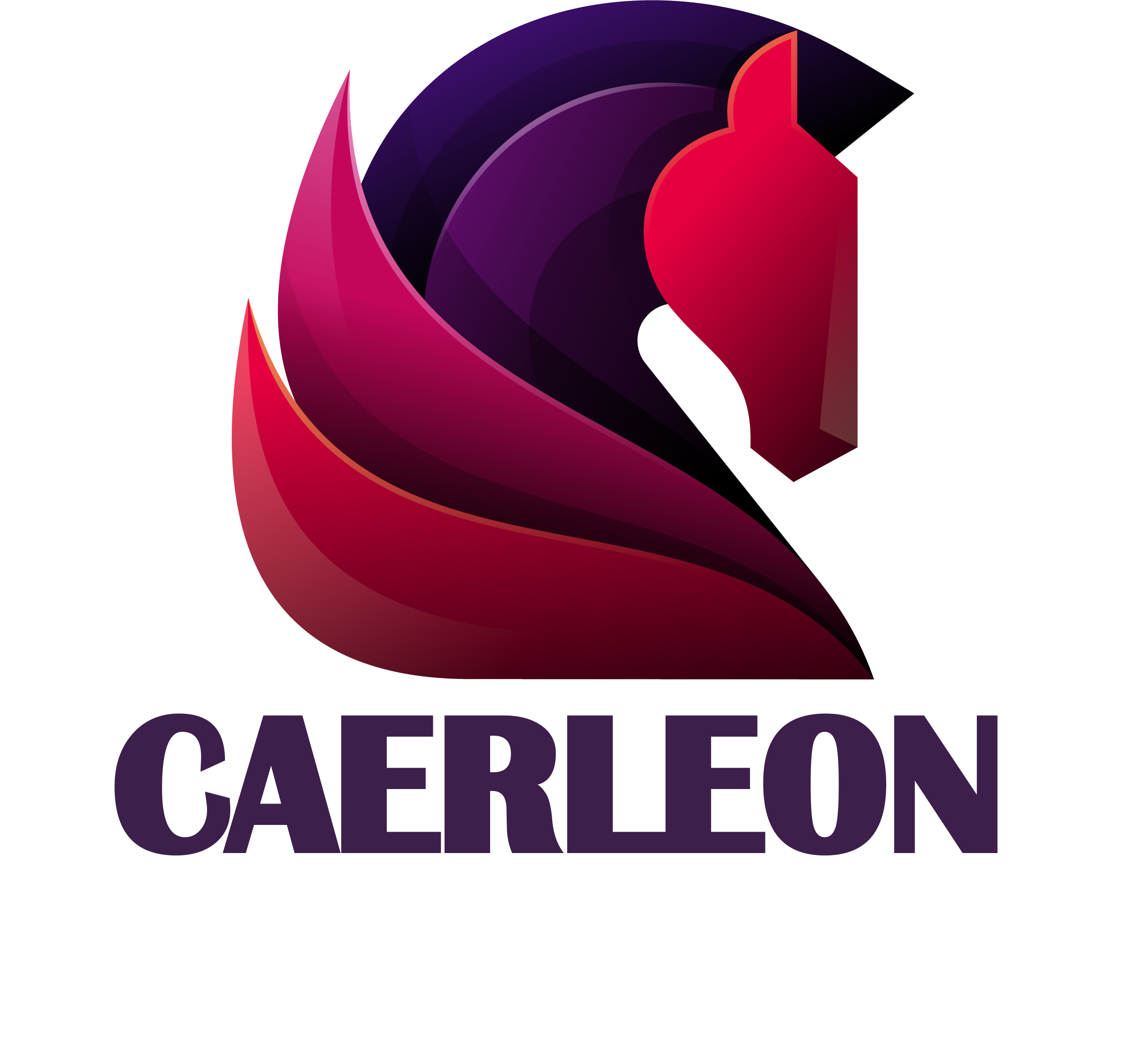05.01.2022
As a project team, we are exploring “how can Sport Wales increase the reach and impact of their community investments (grants)?“
We are currently in the Alpha phase, and in a recent blogpost, we highlighted that this would include working on building, testing and iterating a prototype of an end-to-end application process that meets the needs of users whilst delivering the outcomes needed for Sport Wales.
The team will evaluate 4 prototypes during this phase.
An evaluation session involves a huge amount of preparation including recruitment, selecting participants, building wireframes, agreeing content and holding sessions to share and discuss our learnings.
Prototype – testing our ideas
Our prototypes focus on the key areas which were raised as issues during the discovery phase. Areas of user interaction such as registering for an account through to applying for a grant. We are particularly interested in helping people explain why they need the grant and describe how their club and community would benefit.
Prototype Examples
A prototype is not a finished product. It is the start of a conversation with your users. We use prototypes to ask questions and stimulate conversation.
We used low-fidelity (lo-fi) paper-based wireframes and prototypes to begin with, and although they do not allow for user interactions, they are a quick and easy way to establish high-level concepts.
Below are examples of early hand drawn wireframes and digital wireframes which the designers used during the evaluation sessions.


These were then translated into more realistic, testable, interactive, high-fidelity (hi-fi) prototypes.


These will be iterated in subsequent prototypes as we continue to learn more from our participants in every round of evaluation.
What we are hearing from participants
We heard during the discovery phase that the application form should be shorter, simpler, and clearer:
“We’re run by amateurs giving up their time, volunteers”
“The process needs to be made simpler”
“The form is hard to understand – the words used are too big”
[user quotes from the discovery phase]
Emerging themes from the evaluation sessions mirror this.
Participants felt that the level of commitment should be proportionate to the amount of grant they are seeking. A simpler process for a small grant with the recognition that they would expect to give more information if applying for a larger grant, to satisfy Sport Wales requirements.
“How much time am I spending for not much money?”
Plain language and clearly presented information is essential. Nearly every participant commented on this during the evaluation sessions. We need to clearly explain to users what they need to do and make it as straight forward as possible for them to do it.
“Clearer headings. Shorter, less wordy sentences”
“It feels less bureaucratic and more friendly”
“I like the layout, it’s nice and clear what you’re asking me to do.”
We ask users to carry out several tasks including create an account, check if their organisation can get funding, check if their specific project is eligible, apply for a grant and manage an account.
Participants fed back that it was not always obvious where they were in the process, and we need to make that clearer in future iterations.
“I would expect to receive registration details within minutes as I want to start the application now”.
This learning will be incorporated into the next prototype ahead of the next evaluation session.
What next
When all rounds of evaluation are complete, we will report our findings, learnings, and recommendations to our sponsor within Sport Wales.
This will help them consider next steps for the prototype beyond the current alpha phase.
We will also share this in a blogpost at the end of alpha in early 2022.
If you have any questions about our work so far, then please leave a comment below or get in touch info@digitalpublicservices.gov.wales
Blogpost by: Sport Wales Alpha team
The post Prototype as a conversation starter appeared first on Centre for Digital Public Services.
